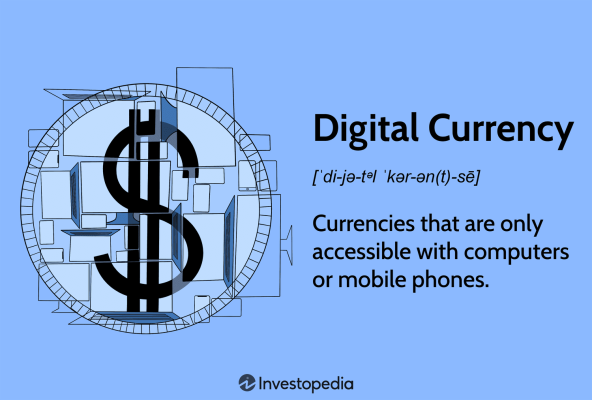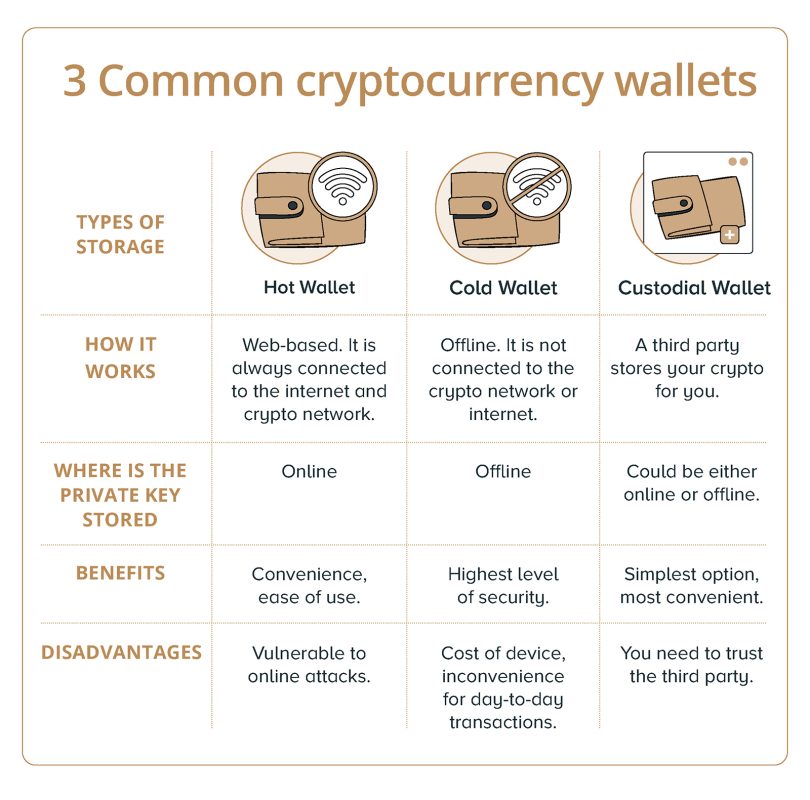In recent years, virtual currency has been making headlines as a potential investment opportunity. With the rise of cryptocurrencies such as Bitcoin and Ethereum, many people are becoming interested in this new and exciting asset class. However, before investing in virtual currency, it is important to understand what it is and how it works. This blog post will provide an overview of virtual currency and blockchain technology, including its key features, advantages, and disadvantages, as well as its legality and regulations. We will also discuss how to store and secure your virtual currency holdings, the future of virtual currency and blockchain technology, applications beyond virtual currency, and frequently asked questions. Virtual currency refers to digital money that can be used to purchase goods and services online. It is often decentralized, meaning that it is not controlled by any government or financial institution. Instead, virtual currency transactions are recorded on a public ledger called a blockchain. Blockchain technology is the backbone of virtual currency. It is a decentralized ledger that records transactions in a secure and transparent manner. Each block in the chain contains a record of multiple transactions, and once a block is added to the chain, it cannot be altered. This makes blockchain technology highly secure and resistant to fraud. Virtual currency is designed to be used as a medium of exchange. It can be used to purchase goods and services online, or it can be traded for other currencies or commodities. Some of the key features of virtual currency include: Blockchain technology is crucial to the functioning of virtual currency transactions. When a user makes a virtual currency transaction, it is recorded on a block in the blockchain. This block is then verified by other users on the network, and once it is validated, it is added to the chain. The blockchain ensures that virtual currency transactions are secure, transparent, and tamper-proof. Once a transaction is recorded on the blockchain, it cannot be altered or deleted. This makes virtual currency transactions highly secure and resistant to fraud. Virtual currency differs from traditional currency in several ways. First, virtual currency is often decentralized, meaning that it is not controlled by any government or financial institution. Second, virtual currency transactions are often anonymous, meaning that they do not require the same level of identification as traditional currency transactions. Third, virtual currency is often highly volatile, meaning that its value can fluctuate rapidly. This makes it a potentially risky investment compared to traditional currency. Finally, virtual currency is often held in digital wallets, rather than physical ones, which can make it more vulnerable to hacking and theft. There are several advantages and disadvantages to using virtual currency. Some of the advantages include: However, there are also several disadvantages to using virtual currency. These include: The legality and regulations surrounding virtual currency and blockchain technology vary depending on the country and jurisdiction. In some countries, virtual currency is fully legal and regulated, while in others it is banned or unregulated. In the United States, virtual currency is considered a commodity and is subject to regulation by the Commodities Futures Trading Commission (CFTC). The IRS also requires users to report virtual currency transactions on their tax returns. Similarly, other countries have their own regulatory frameworks for virtual currency and blockchain technology. It is important for investors to understand the laws and regulations surrounding virtual currency in their country before investing. Failure to comply with regulations can result in legal penalties and fines. Storing and securing virtual currency holdings is crucial for protecting your investment. There are several ways to store and secure virtual currency, including: The future of virtual currency and blockchain technology is highly debated. Some experts believe that virtual currency will become more widely accepted as a form of payment, while others believe that it will remain a niche asset class. Similarly, some experts believe that blockchain technology will revolutionize industries beyond finance, while others are more skeptical. Despite this uncertainty, there are several trends that suggest virtual currency and blockchain technology will continue to grow in popularity. These include: Blockchain technology has potential applications beyond virtual currency. Some examples include: A digital currency refers to any form of currency that exists solely in digital form, while a virtual currency specifically refers to a type of digital currency that is decentralized and often secured using cryptography. The legality of virtual currencies varies depending on the country and jurisdiction. In some countries, virtual currency is fully legal and regulated, while in others it is banned or unregulated. You can buy virtual currency on a cryptocurrency exchange, such as Coinbase or Binance. It is important to research the exchange before making a purchase and to store your virtual currency holdings securely. Virtual currency is a potentially risky investment due to its volatility and lack of regulation. It is important to carefully consider your investment goals and risks before investing in virtual currency. Virtual currency and blockchain technology are exciting and rapidly evolving fields with the potential for significant growth and innovation. However, before investing in virtual currency, it is important to understand the basics of how it works, its advantages and disadvantages, how to store and secure your holdings, and the legal and regulatory landscape. Furthermore, it is important to consider other potential applications of blockchain technology beyond virtual currency, as this technology has the potential to revolutionize a variety of industries. By staying informed and educated about these topics, investors can make informed decisions about whether or not to invest in virtual currency. Information by Blogvaytien.vn
Introduction to Virtual Currency and Blockchain Technology

The Basics of Virtual Currency and Its Key Features

Understanding the Role of Blockchain in Virtual Currency Transactions
How Virtual Currency is Different from Traditional Currency
The Advantages and Disadvantages of Using Virtual Currency
The Legality and Regulations Surrounding Virtual Currency and Blockchain Technology
How to Store and Secure Your Virtual Currency Holdings

The Future of Virtual Currency and Blockchain Technology
Applications of Blockchain Technology Beyond Virtual Currency
Frequently Asked Questions about Virtual Currency and Blockchain Technology

What is the difference between a digital currency and a virtual currency?
Are virtual currencies legal?
How do I buy virtual currency?
Is virtual currency a good investment?
Conclusion


Keenboont9@gmail.com